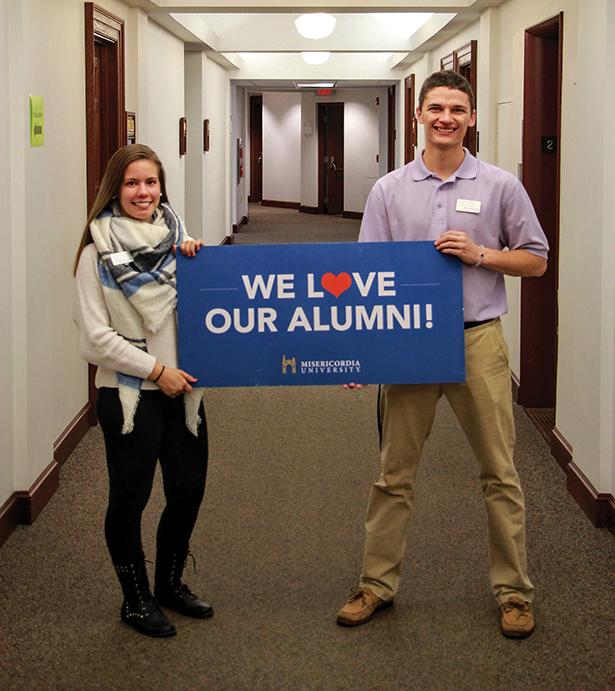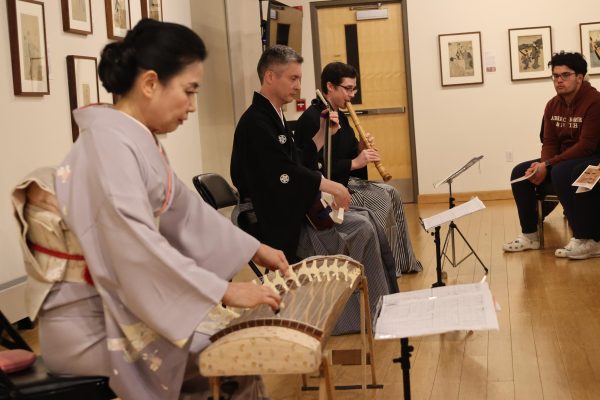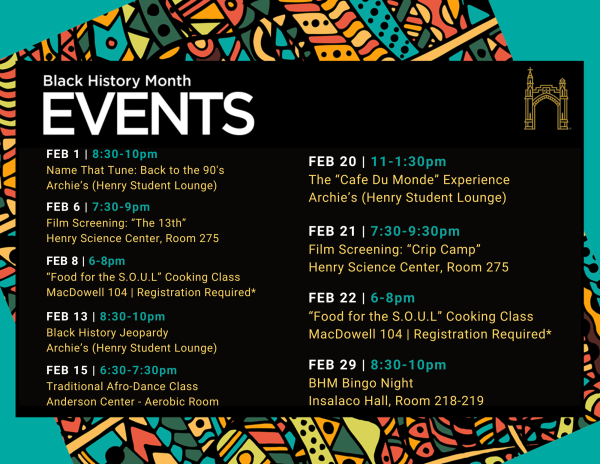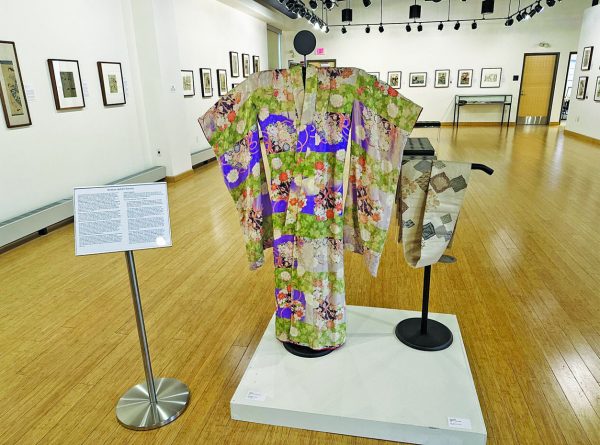Want to Give But Don’t Know How?
November 30, 2015
Members of a new organization seek to educate students and faculty on the difference between fundraising and philanthropy and help them to make their giving count.
Students and staff formed “Students Today, Alumni Forever” to reinvigorate the spirit of giving on campus, which dates back to the earliest days of the university.
“The Sisters of Mercy broke ground in 1924 and founded the university based on the philanthropic actions of the Sisters,” said STAF President and COO Mike Gombita, who is also a sophomore communications major.
That sentiment underlines the difference between philanthropy and fundraising, said faculty advisor Lailani Augustine, who also serves as Alumni Services Coordinator. “A lot of the campus, they do fundraising. And they fund-raise well. But we wanted to try to get students away from the WIIFM, what’s in it for me mentality. This is not philanthropy. Philanthropy is doing good, and doing good because it makes you feel good, and it betters someone else.”
STAF came about, very recently, as members of the campus community searched for a solution to the problem of reaching students before graduation, and showing them the gifts that previous students have provided to the university. Augustine acknowledged the issues facing graduates that may cause them to forget their alma mater. “We understand that once you graduate, you have bills, you’re trying to establish yourself, some people start families early, and we don’t want it to be that you go a whole four years with no one educating you on philanthropy and suddenly we call for your support.”
Members of the Class of 2018 were looking for a way to help future students at the same time. They decided to focus their philanthropic efforts to endow a scholarship for the Women with Children Program, and this work inspired them to help future classes to organize their giving by forming an organization to assist and give advice.
Every graduating class sets goals for giving, and each class may designate specific uses for the donation. The Class of 2015 chose the Misericordia Fund, which helps pay for items like sidewalks connecting upper campus to the lower campus, and also the Joan Krause Student Emergency Fund, which helps students who are going through any sort of personal crisis or emergency involving them or their families and need immediate financial help, Augustine said.
Another aspect of fundraising, that Augustine learned this year, is getting grants and funds from corporate foundations. Students are sometimes involved in getting these funds, especially in the health sciences, and when the university applies for grants the foundations look at the level of alumni participation – not necessarily the dollar amounts, but rather the number of alumni who are giving.
“When you’re raising monies towards a cause, it is not the size of the gift, it’s really the participation,” Augustine said.
She said alumni, especially recent graduates, may not realize the importance of their participation.
“I think that when young alumni are solicited for funds, they get confused. They think the university is looking for 100, 200, or thousands of dollars. Every gift matters. Every individual, whether you are a student, faculty or staff, your money has gone towards something on campus to enhance the student experience,” said Augustine.
She said students have been enthusiastic about giving.
“To see the student excitement, in our division, we see the students every day. They come down our hallway, they pop in and say hello. We have some interaction with them,”
Augustine wants students to know that STAF welcomes ideas to further philanthropy. For more information, or if interested in getting involved in STAF, contact [email protected], or cougarconnect.misericordia.edu/mustaf. Contact via Facebook at facebook.com/stafmu.







